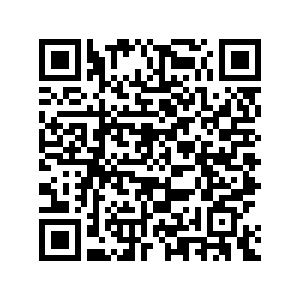JOHANNESBURG, March 10 (Xinhua) -- South Africa is the most unequal society in the world, ranking first out of 164, said World Bank in the report, Inequality in Southern Africa: An Assessment of the Southern African Customs Union (SACU), released this week.
The World Bank report noted that South Africa is characterized by "high wealth inequality and economic polarisation (particularly across labor markets)". Wealth inequality is higher than income inequality, with estimates showing that the top 10 percent of the population hold 71 percent of its wealth, whereas the bottom 60 percent hold only 7 percent.
Furthermore, wage inequality inflated by more than 10 percent between 1995 and 2015 when the Gini coefficient for wages rose from 58 to 69.
Gini coefficient is a statistical distribution of welfare indicators commonly used to measure inequality, such as income or consumption.
"We know from this report that inherited circumstances over which an individual has little or no control, drive overall inequality," said Marie Francoise Marie-Nelly, World Bank Country Director for SACU.
According to the report, the sharp inequality in land ownership was blamed for perpetuating the historically high levels of income inequality in South Africa.
Marie-Nelly said the proper delivery of education phase and ensuring the delivery of good health care were critical in curbing inequality.
"Levelling the playing field at birth through more inclusive delivery of quality education, health, and basic services is critical to reducing inequality in the region," she said.
The World Bank's report on inequality comes after South Africa released its report which revealed poverty was more pronounced in female-headed households and rural areas.
The same report also said the high level of inequality was an inherent legacy of South Africa linked to colonialism and apartheid.
"Twenty-eight years post apartheid and this scourge remains embedded in society and ever more pronounced within and between population groups where a notable gap between Black African and whites has been an area of concern," the report said.
Reacting to the World Bank report, director at Studies in Poverty and Inequality Institute Isobel Frye told Xinhua that "structural nature of inequality needs a greater need of income redistribution".
Frye said the wage income is skewed according to skill level, stating that in the absence of jobs and skills, basic income grant should be introduced. She believed basic income grant would be key in allowing people to have an income and start small businesses. ■
